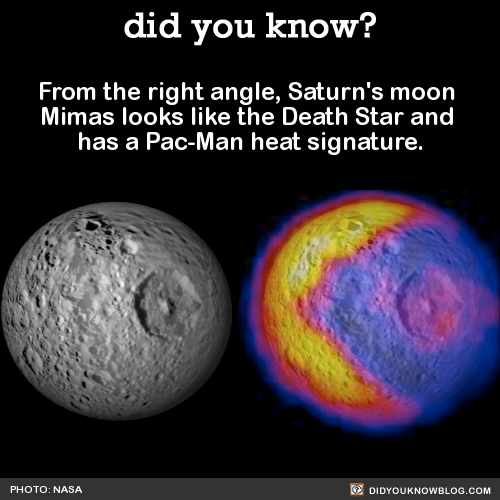Lab Partner: *hands Me Precisely 1 Mole Of A Substance*
lab partner: *hands me precisely 1 mole of a substance*
me: *vine voice* an avogadro!!! thanks!!
More Posts from Saients and Others

1) Does not hurt rhinos
2) Discolours ivory (BRIGHT PINK) thus reducing saleability
3) Can be detected by airport scanners, even if ground up, thus increasing the chances you will be caught
4) Causes nausea, vomiting, and diarrhea if ingested by humans, thus driving away your customer base
Win. Win. Win. Win.
A photon checks into a hotel and is asked if he needs any help with his luggage. He says, “No, I’m traveling light.”
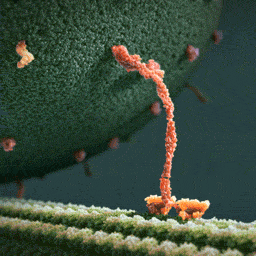
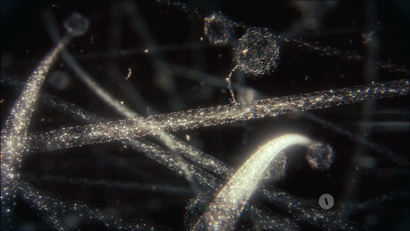
Your body is an incredibly bizarre machine.
“What you see is a myosin protein dragging an endorphin along a filament to the inner part of the brain’s parietal cortex which creates happiness. Happiness. You’re looking at happiness.”

Yes, sure its fun to see a lady spin around like that, but I had one of my friends ask me - “Where do you even use this mate?”
Here’s one application that I know very well off.
Spin Stabilization
If you have ever seen a rocket launch, you might know that sometimes the rockets are given a spin while launching. This is known as spin stabilization.

Basically, the rotational inertia of the rotating body will stabilize the rocket against any disturbances and help maintain its intended heading.
The same principle is used in rifling of firearms as well. **

YoYo DeSpin
Okay, now there is the question how to “De-spin” the rocket:
Well, you do what the lady does: stretch out your arms and you will slow down !

The rocket has weights connected to a cable that stretch out and almost immediately the rocket slows down. This maneuver is known as the YoYo DeSpin. ( Damn good name ! )
All thanks to the conservation of angular momentum !
Have a good one !
* Another method to stabilization : 3-axis stabilization
** Bullets spin stabilization - post
** Source rocket launch video

The origin of the universe was not by a singularity, since in a singularity, the laws of nature are not valid or do not exist,

Artists impression of ‘Hot Jupiter’ exoplanets.
Credit: NASA, ESA, D Sing
some of my favourite absolutely SICK facts about the trappist-1 exoplanets: - theyre all very close to one another and to their star, so the length of a year on them varies from 1 to 20 DAYS - since they’re so close, the star appears a lot bigger than our sun from earth, and from one planet you could easily see the rest, some would even appear bigger than the moon from earth. you could literally see the surface of another planet with the naked eye!!! - they’re probably tidally locked to their star like our moon is locked to earth, meaning only one side of a planet ever faces the star, and on the other side it’s always night. the sun never sets or rises on any of the planets - the star is red, so the sunlight is red/orange, meaning if, for example, plants were to grow there, they could be black and that’s just what we know now, imagine how much cool stuff we have yet to discover about the trappist-1 system
Planets i learned about via youtube while procrastinating my english essay
Planet 55 Cancri e is basically a giant diamond. like the planet is a diamond. and it would be worth $26.9 nonillion
Planet Gliese 436 b is an ice planet that is constantly on fire do to its close proximity to its parent star. the ice doesn’t melt bc the planet’s gravity is so strong it physically prevents the ice from melting
Planet HD 189733b rains sideways glass…. constantly
Planet J1407-B has planetary rings that are 200x the size of saturn. if saturn’s ring were as big as J1407-B’s we’d be able to see them with our naked eye from earth AND they would dominate our sky and look larger than a full moon
Planet Wasp-12b rotates so close to its parent star that its slowly being consumed by the it
Planet Gliese 581c is one of the candidates for a planet that can support life however it orbits a tiny dwarf star and is tidally locked so one side is constantly subject to immense sunlight while the other is constantly in darkness. there’s a small area of the planet however, that is just the right temp to support life. u just can’t step out of said area. the skies are red and the plants would have be a black color instead of a green bc they would use infrared light for photosynthesis. (a message was actually sent to the planet in 2008 in hopes that there’s life on the planet but the message wont reach the planet until 2029).
Planet GJ 1214b is a water planet nicknamed “water world” is has no land at all and the water is so deep it goes down miles all the way to the planet’s core.
Planet Wasp-17b is the largest planet discovered thus far. its so large its existence contradicts our understanding of how planets are formed. and it has a retrograde orbit, so it orbits in the opposite direction of its parent star.
Planet HD 188753 has 3 suns you should have triple shadows and there would be almost daily eclipses. and no matter which direction u face on the planet u would always see a sunset
Planet HD106906b is the loneliest planet discovered thus far. its known as “super jupiter” bc its 11x bigger than jupiter. it orbits its parent star at a distance of 60 billion miles (which is v strange) hence why its the loneliest planet.
Planet Tres 2b is the darkest planet known. it reflects less than 1% of light (it reflects less light than coal and black acrylic paint). the tiny part of the planet that does reflect light is red making the planet glow a dim red.
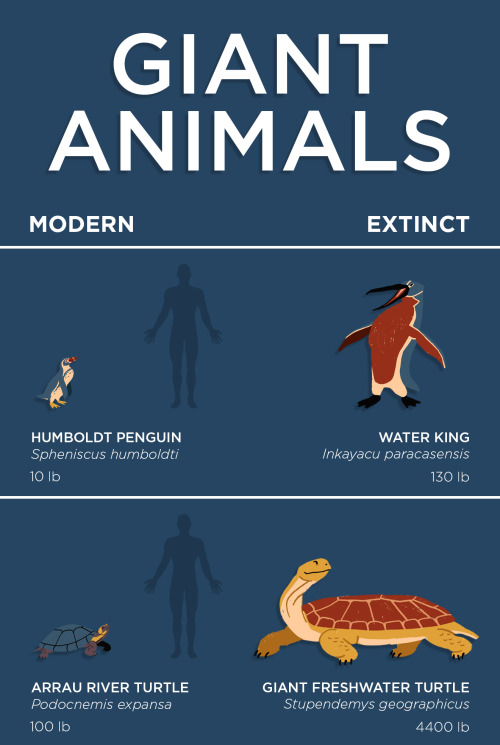
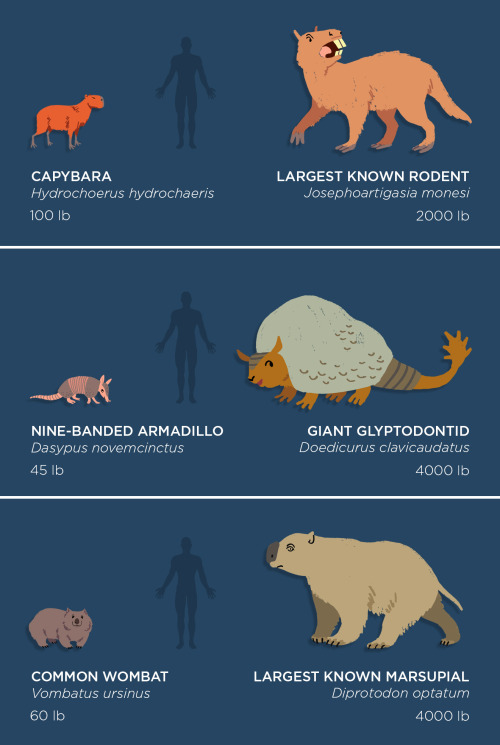
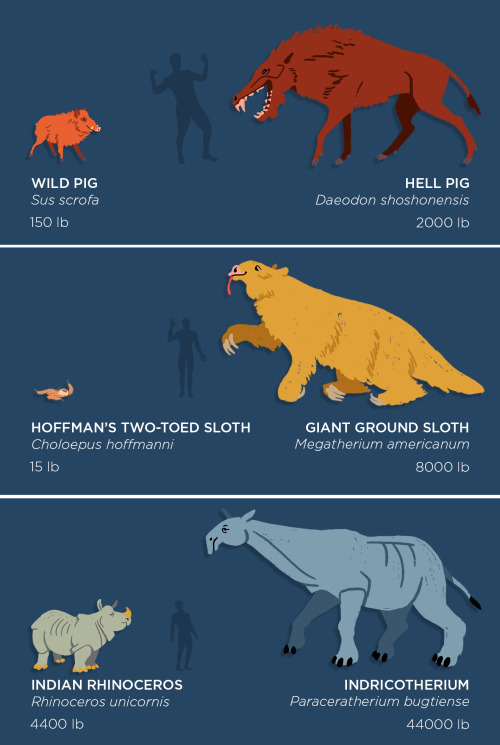
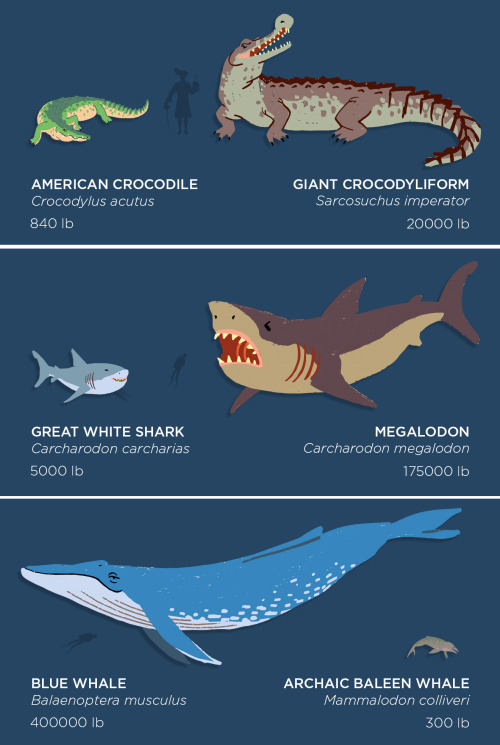
-
 deceptiveminds liked this · 3 years ago
deceptiveminds liked this · 3 years ago -
 catsandcataluna liked this · 7 years ago
catsandcataluna liked this · 7 years ago -
 single-walled-carbon-nanotube reblogged this · 7 years ago
single-walled-carbon-nanotube reblogged this · 7 years ago -
 dr-peppurr liked this · 7 years ago
dr-peppurr liked this · 7 years ago -
 saients reblogged this · 7 years ago
saients reblogged this · 7 years ago -
 galldera reblogged this · 7 years ago
galldera reblogged this · 7 years ago -
 bitheby-13 liked this · 7 years ago
bitheby-13 liked this · 7 years ago -
 distinguishedenemypolice liked this · 7 years ago
distinguishedenemypolice liked this · 7 years ago -
 moca-chan16 liked this · 7 years ago
moca-chan16 liked this · 7 years ago -
 acuarius-sp liked this · 7 years ago
acuarius-sp liked this · 7 years ago -
 hotel-and-casino reblogged this · 7 years ago
hotel-and-casino reblogged this · 7 years ago -
 hotel-and-casino liked this · 7 years ago
hotel-and-casino liked this · 7 years ago -
 evookaed reblogged this · 7 years ago
evookaed reblogged this · 7 years ago -
 evookaed liked this · 7 years ago
evookaed liked this · 7 years ago -
 thesymski reblogged this · 7 years ago
thesymski reblogged this · 7 years ago
Stardate: 2258.42...or, uh, 4... Whatever. Life is weird, at least we've got science.
75 posts
